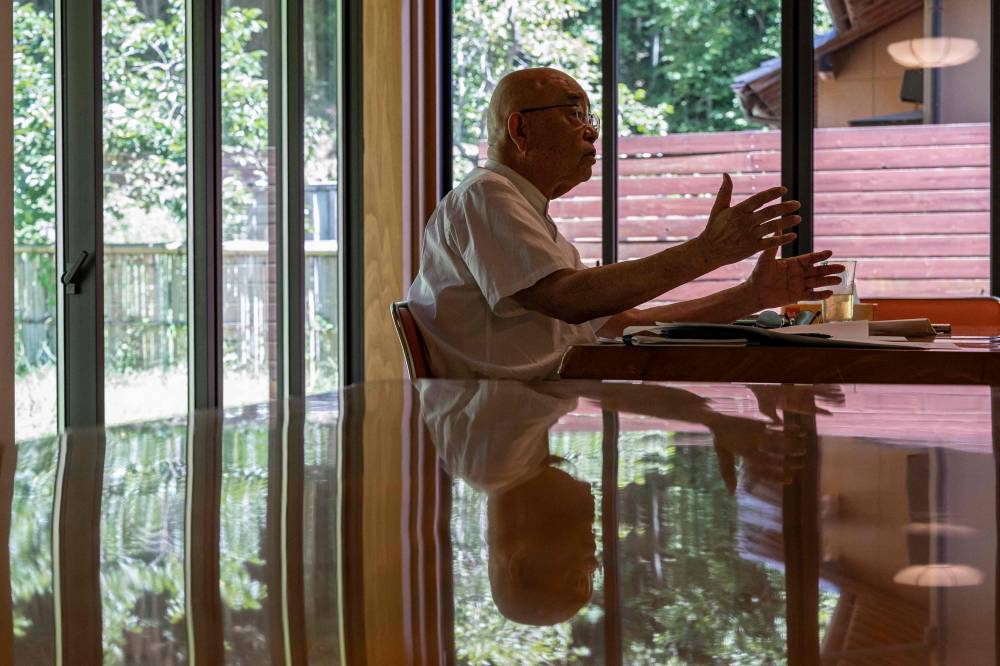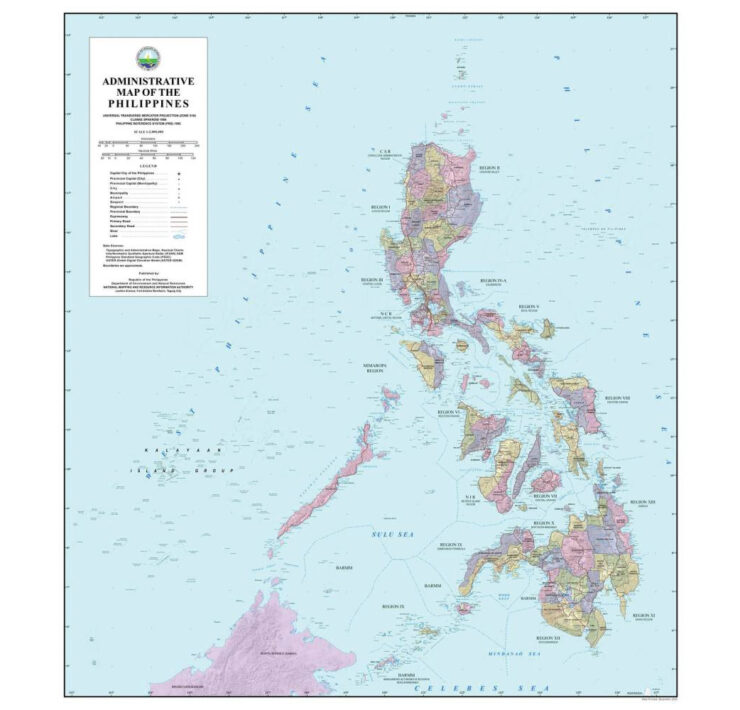Loopholes in laws for seniors, PWDs

In response to mounting complaints especially on social media, Speaker Martin Romualdez two weeks ago called for a congressional investigation on establishments that refuse to honor discounts provided by law to senior citizens and persons with disabilities (PWDs). He instructed three House committees to investigate the “gaps and confusion” in granting the benefits to more than 35 million seniors, PWDs, and solo parents who are entitled to a 20-percent discount and 12-percent value-added tax exemption.
This was prompted by the brouhaha over popular coffee chain Starbucks’ signage that limited the privilege to one food item and one drink per visit, as well as the filing of cases against two officials of a hotel in Pasig City for allegedly declining to grant the discount to a senior citizen.
During the House hearing last week, Albay Rep. Joey Salceda, presiding as chair of the ways and means committee, identified more than 100 violators, among them supermarkets, hotels, malls, food and transportation service providers, airlines, bakeshops, and drugstores.
Gray areas
It was also disclosed that more than 2,000 complaints on denied discounts were filed at the National Council on Disability Affairs and the National Commission for Senior Citizens. The House panels then formed a technical working group to craft remedial legislation to address the gaps in the implementation of Republic Act No. 9994 (the Expanded Senior Citizens Act of 2010) and RA 10754 (an Act Expanding the Benefits and Privileges of PWDs).
There are indeed gray areas in the laws’ implementation that need to be addressed. One is to stop the most common practice employed by establishments to evade giving discounts through the provision in the law that exempts promotions approved by the Department of Trade and Industry (DTI). Such promos, by their nature, should be temporary. However, a number of establishments simply label their regular prices as promo prices, depriving seniors and PWDs of the mandated discounts.
During the House hearing, Senior Citizens Rep. Rodolfo Ordanes said he is preparing a bill to make senior discounts apply to all sales promotions, citing the need to “correct the law by giving [seniors and PWDs] the full availment of their purchase discounts by removing that choice between the discount and the promo because the choice has no economic logic.” He also noted the “many illegal and unkind ways businesses have resorted to to avoid giving the 20-percent discount,” such as purchase quotas and “other similar rules that shrink the coverage of the discounts.”
Abusing the privilege
Then there is the issue of delivery apps making it difficult for senior citizens and PWDs to avail themselves of the discounts by hiding such options on their websites. As Marikina Rep. Stella Quimbo noted, “It exists, but it is hidden. It is very difficult to find.” Since many of these apps require customers to register, then it is easy for them to mark in the registration whether the customers are senior citizens or PWDs by simply asking them to upload government-issued IDs as proof.
While most complaints concerning the discount had been directed at establishments, there are also issues on the part of customers. It is thus timely to remind the public that seniors and PWDs may be held liable for abusing the privilege. Under RA 9994, any person found to have abused such privilege—those who try to claim discounts even if the people who will consume the bought items are not senior citizens or PWDs—may be imprisoned for as long as six years and fined up to P100,000. For instance, a senior citizen or PWD cannot force an establishment to extend the full 32-percent discount when buying a whole “lechon” that obviously is not for personal consumption.
Fake PWD identification cards
There is also the problem of the proliferation of fake PWD identification cards. During the House hearing, Hotel and Restaurant Association of the Philippines representative Patrick Chan noted that some establishments are having difficulty verifying PWDs because there are “1,700 different types of PWD cards, which is quite difficult to compare with any national registry. Unlike with seniors where any ID [with their birth date] will do.”
Last week, Romualdez warned that the House is prepared to publicly name and shame establishments that fail to uphold the rights of senior citizens, PWDs, and solo parents by denying them their entitled discounts and privileges. But it need not come to this if Congress can rectify or clarify certain provisions of the law to remove the gray areas that cause the confusion in the first place.
Stricter enforcement—including prosecution—is also necessary to make establishments aware that the government is serious about implementing the laws on discounts to seniors and PWDs. A national ID database will also cover the problem of fake IDs. Lawmakers must not stop until these loopholes in the laws are plugged, and until mounting complaints against establishments not honoring the mandated discounts are addressed.





















